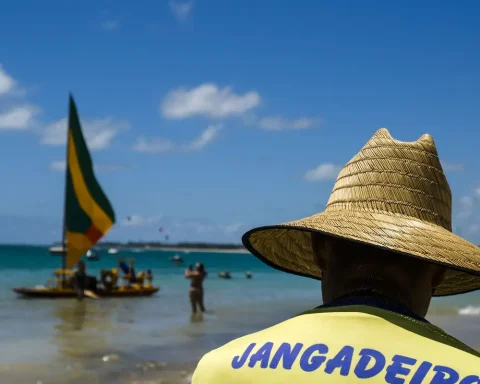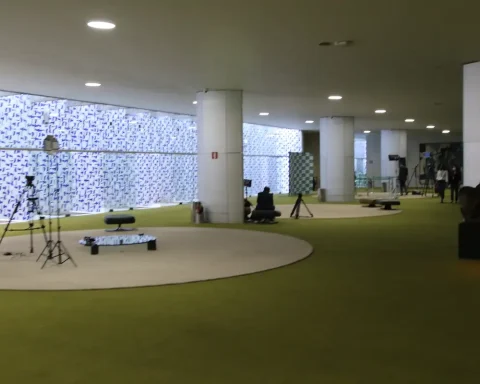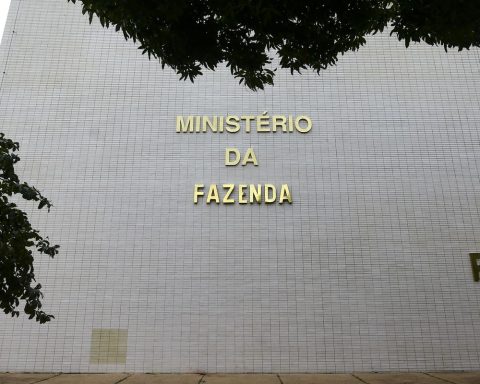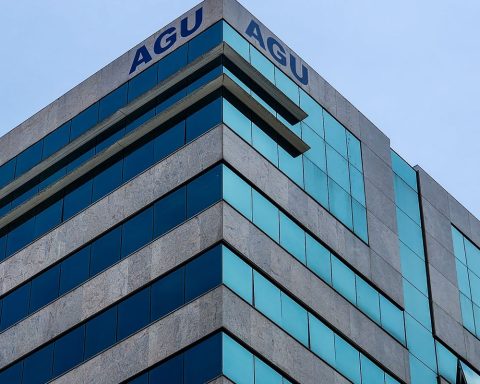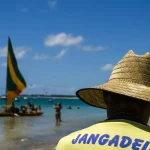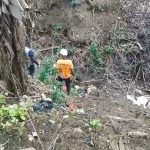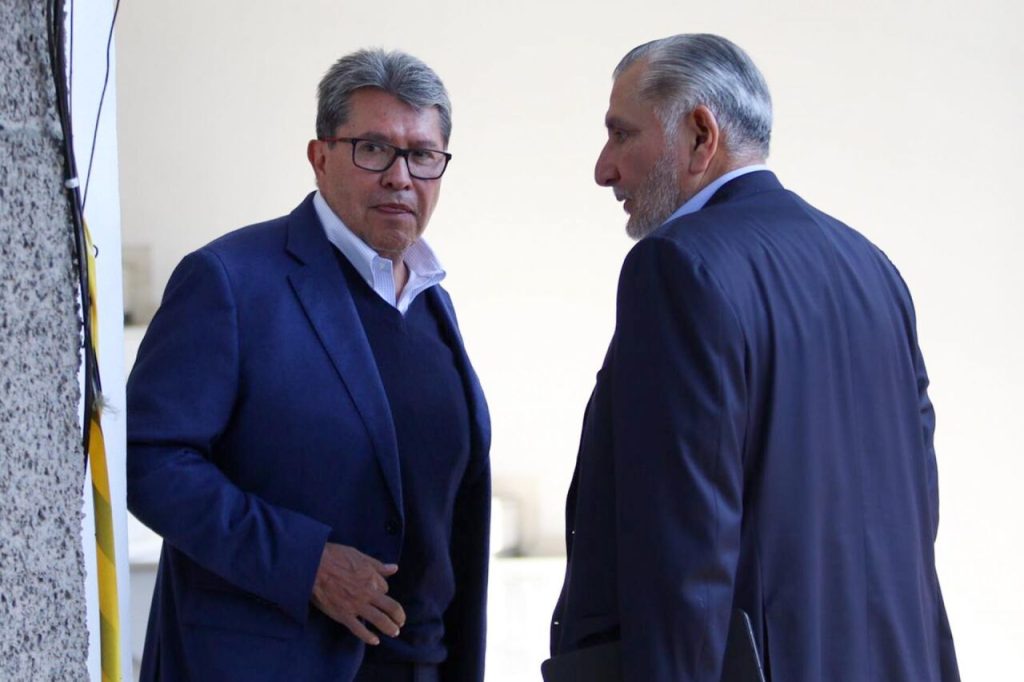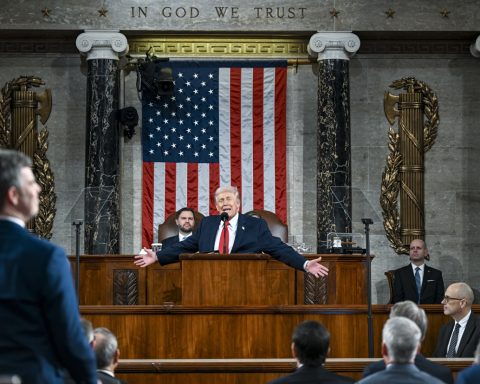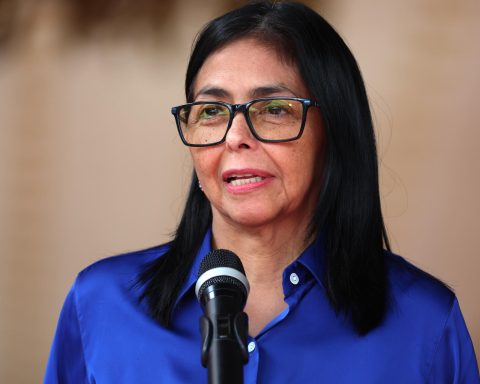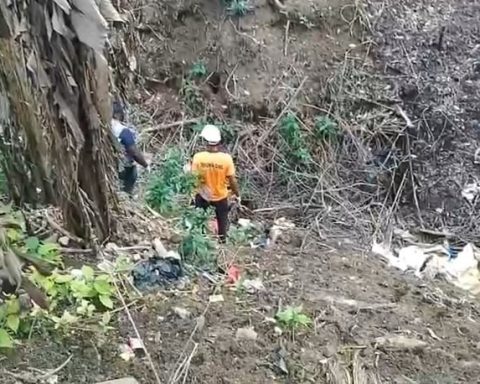São Paulo City Hall will have to present a schedule for changing the names of streets that honor human rights violators. This is what the São Paulo Court of Justice determined, when accepting the request for an injunction presented by the Federal Public Defender’s Office (DPU) and the Vladimir Herzog Institute.

Judge Luiz Manoel Fonseca Pires, from the 3rd Public Finance Court, when granting the request, granted 60 days for the city hall to present a schedule of changes to eleven public facilities and roads considered to be priorities, all identified by the National Truth Commission.
The Court’s decision is based on a public civil action, presented by the Public Defender’s Office and the Vladimir Herzog Institute. The civil action is based on Law No. 15,717, of 2013, which amended article 5 of Law 14,454, of 2007, which prohibited changes to street names. The change made it possible to change the name when paying homage to “an authority that has committed a crime against humanity or serious violations of human rights”.
According to the Ruas de Memória program, created in 2016 and which foresees the change in street names, more than 38 public places in the city pay homage to people linked to the military dictatorship, 22 of which are directly involved with the repression promoted during the regime.
Some streets have already been modified, such as Rua Dops Sérgio Fleury, now Rua Frei Tito. Among the streets mentioned in the public civil action to be modified are the Dr. Jayme Augusto Lopes crematorium, the Caveirinha sports center, Avenida Presidente Castelo Branco (marginal Tietê), Senador Romeu Tuma bridge (bridge of flags), Rua Trinta e um March, among others.
According to the document presented to the Court, two examples are “emblematic” with regard to the review of names: the Dr. Jayme Augusto Lopes crematorium, in the Vila Alpina cemetery, and the Caveirinha sports center, in the south zone. Both places “perpetuate memories of figures involved in the chain of command of forced disappearances and concealment of corpses during the military dictatorship”.
When contacted, the city of São Paulo did not respond until the closing of this report.
